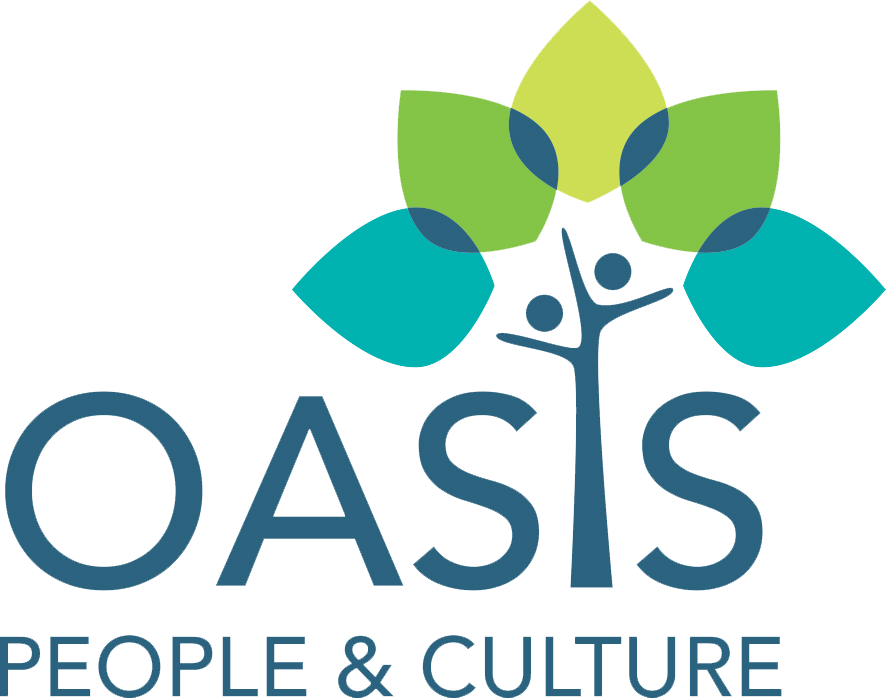Trust in the workplace is a bit like oxygen. It is hard to see but try operating very long without it!
This intangible thing called trust can actually be defined quite specifically. Trustworthiness is not something that someone inherently possesses. It is an assessment that one person makes about another. A person can behave in a trustworthy way but if it is not perceived by another then trust will not be present. Trust is in the eye of the beholder. Throughout our personal and professional lives, we are constantly making judgements about the trustworthiness of others and this deeply impacts the ways in which we choose to engage with them to coordinate together to get things done. An organisation with low levels of trust is inefficient, unproductive and toxic.
At Oasis People and Culture, we are researching levels of team trust in organisations by looking at trust builders and trust breakers. Our early findings are indicating the most common Trust Builders and Breakers are:
Trust Builders:
- Effective communication
- Respect
- Walking the talk
- Holding confidences
- Being honest about your abilities and limitations
Trust Breakers:
- Dishonesty
- Blaming others
- Not listening
- Breaking promises
- Disloyalty
If you want to be considered trustworthy by others, work on strengthening these trust builders and eliminating these trust breakers. Over time, others will make the judgement about you that you are trustworthy. If you sense a trust deficit with someone else, use the trust builders and trust breakers to reflect on where the breakdown in trust is occurring.
“To bring your work or organisation to the next level, you need to learn how to give trust, get it, and be equipped to repair it when it’s been broken. The good news is, trust begins with your attitudes, your intentions and your behaviours in your relationships.” (Reina, Trust and Betrayal in the Workplace, p3).
